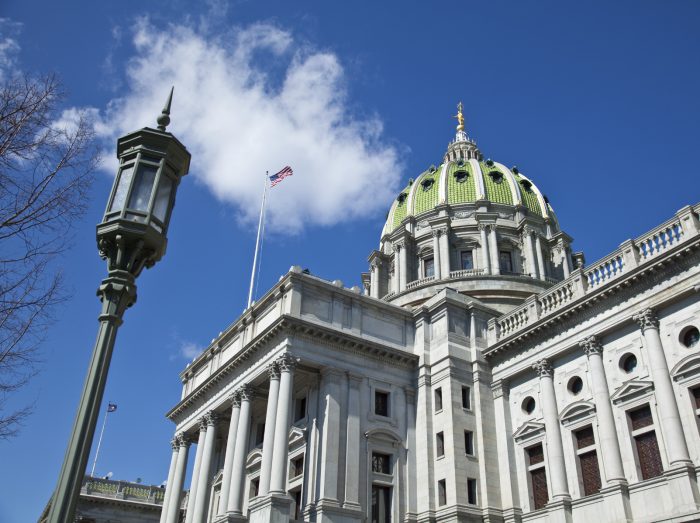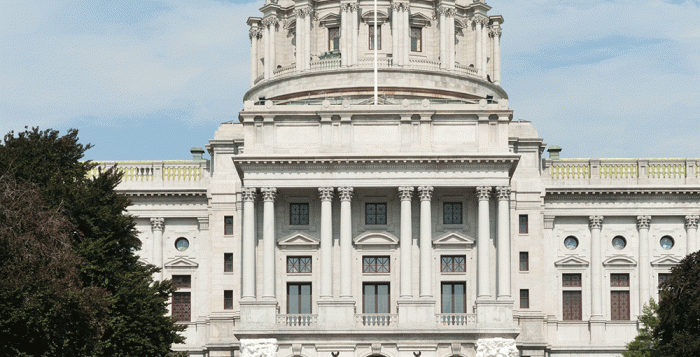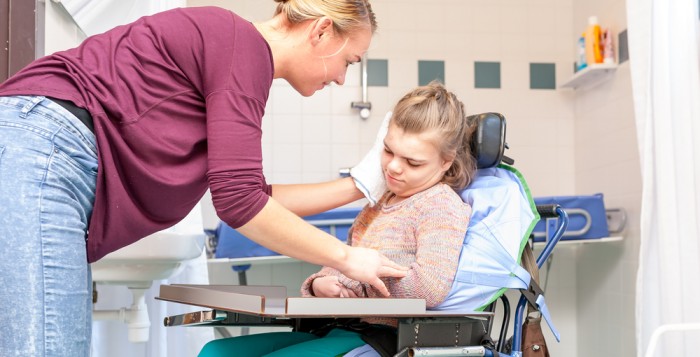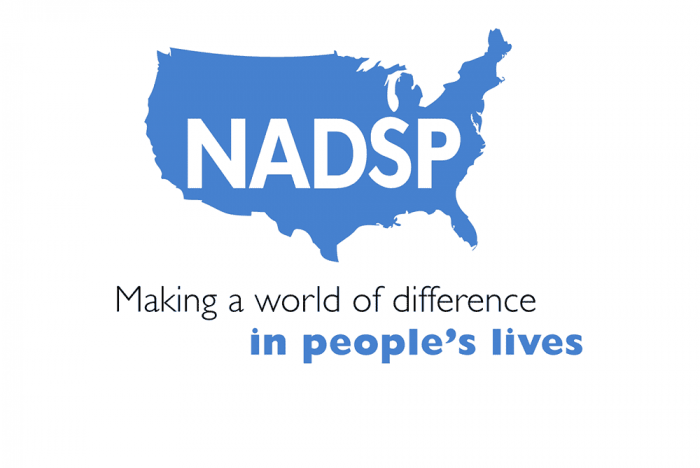Today, Secretary Arkoosh presented an overview of the proposed Department of Human Services (DHS) budget in the Governor’s proposed budget he unveiled earlier this week. Governor Shapiro is prioritizing investments in IDD home and community-based service providers so that they can pay competitive rates to attract and retain staff who provide these life-changing services to Pennsylvanians.
Secretary Arkoosh stated, “It’s time to make a change,” and people need “the right service at the right time.” PA is about to embark on a multi-year wait list plan.
In September, Governor Shapiro directed DHS’s Office of Developmental Programs to begin an immediate evaluation and assessment of the rates paid to intellectual disability and autism programs that employ direct support professionals. Building on that, the governor is proposing an increase in reimbursement rates by 12%, which will invest a total of over $480 million, divided by state ($217 million) and federal ($266 million) funding for programs that support ID/A. It is proposed that the rate increase will become effective July 2024. Additionally, one-time supplemental payments to support staffing recruitment and retention were announced. These funds are anticipated to be distributed to providers in May or June 2024 and will total $109 million.
ODP will be working closely with counties to shift to management by budget rather than slots, and effective immediately, the department is adding 1,250 in Community Living and 250 in Consolidated people to the waiver capacity ($78 million in funding).
This budget also invests $934,000 to add American Sign Language and English interpreter services to program serving this population as a distinct service.
While this is very positive news for the ID/A community, this is the proposed budget. We all need to continue to advocate with legislators to support this proposal and give the ID/A services the support they need. Please share your stories with your local legislator and participate in our upcoming capitol day on March 19, 2024. You can register to participate in the event here. Also, we ask that you take the time to thank Governor Shapiro for hearing our voices and addressing our critical needs.












 Charles has led a collaborative data project across 24 Pennsylvania counties. It paints a picture of a devastated workforce.
Charles has led a collaborative data project across 24 Pennsylvania counties. It paints a picture of a devastated workforce.



